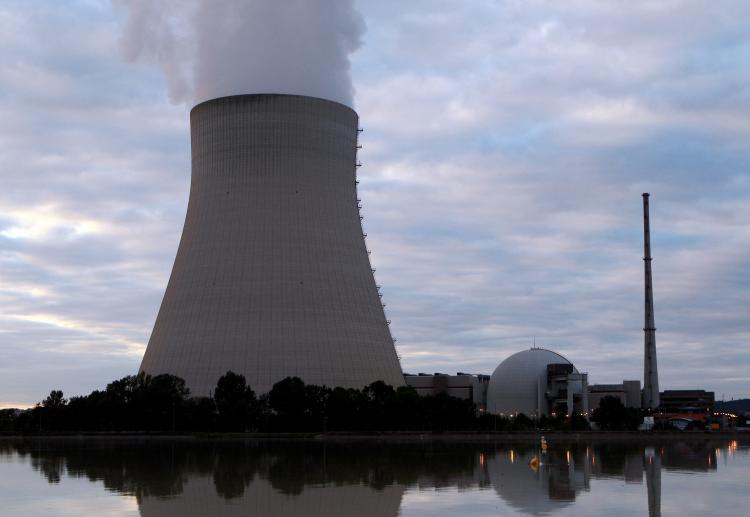German Chancellor Olaf Scholz has ordered the country’s three remaining nuclear plants to remain open beyond Dec. 31, a decision criticized by some of his coalition party members.
The Isar 2, Neckarwestheim 2, and Emsland nuclear power plants will remain in operation until April 15, 2023. Scholz has asked the Environment, Finance, and Economy ministries to create the legal basis necessary for the plants to continue operating. The ministries were also asked to propose laws to increase energy efficiency.





